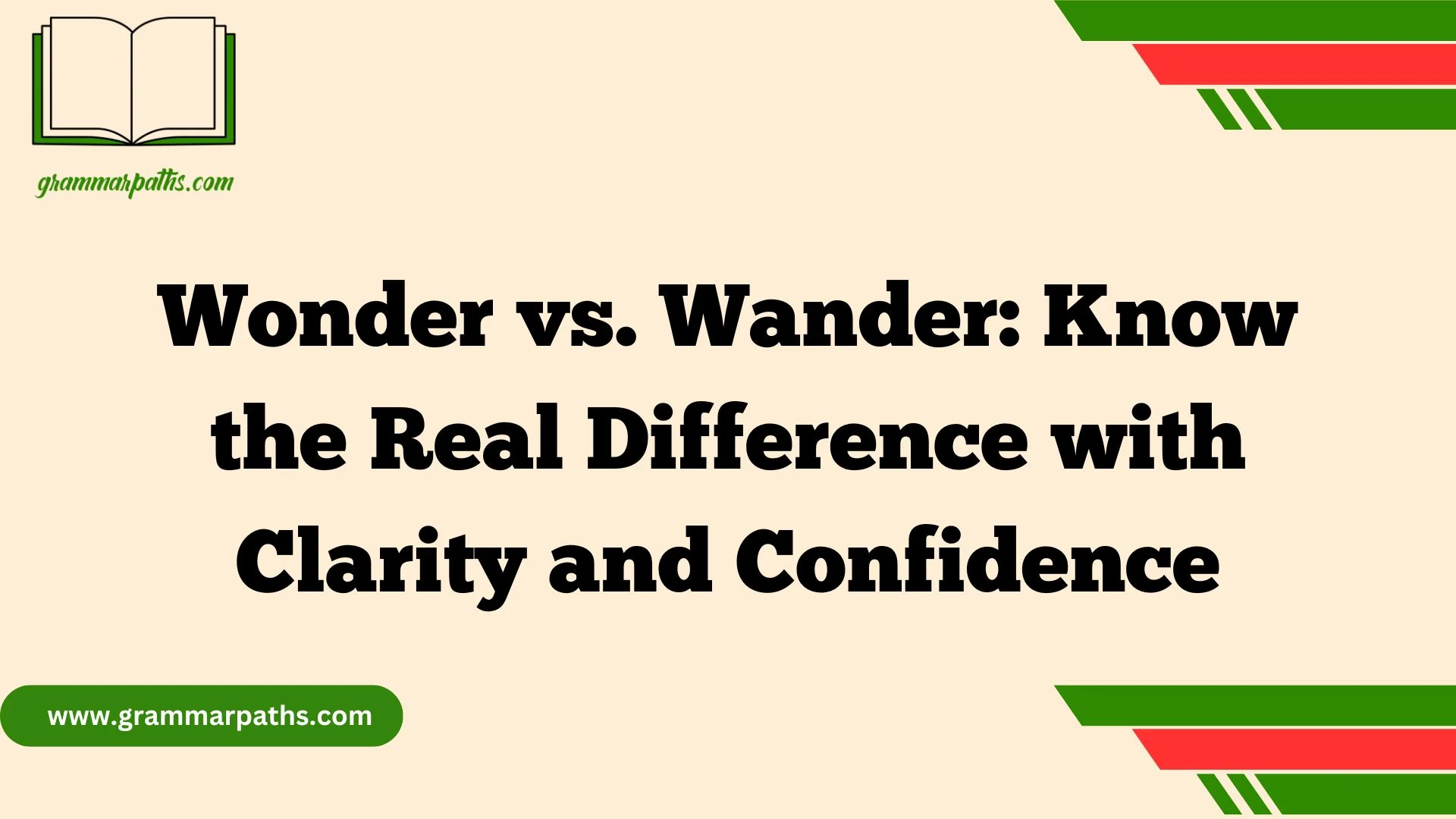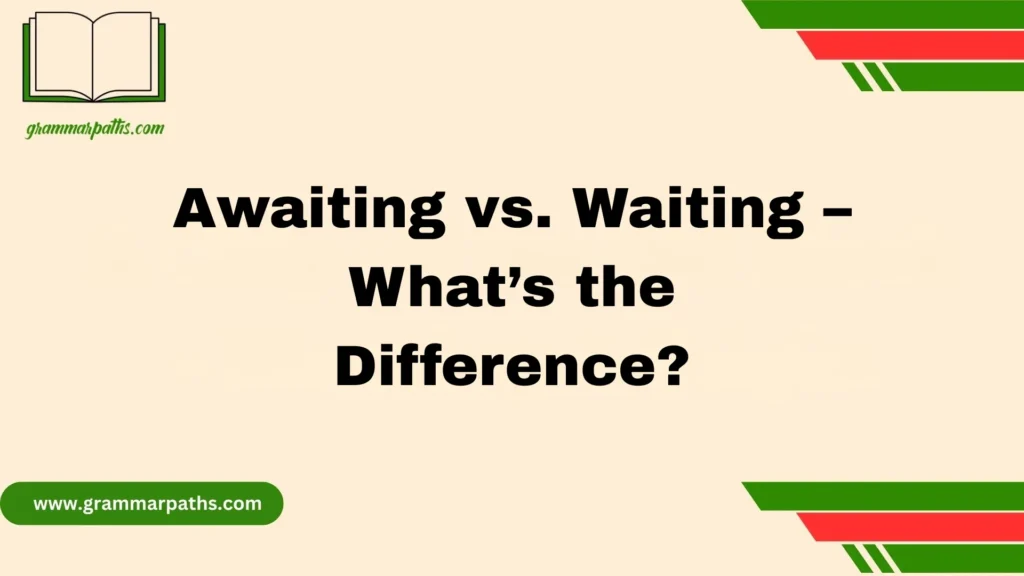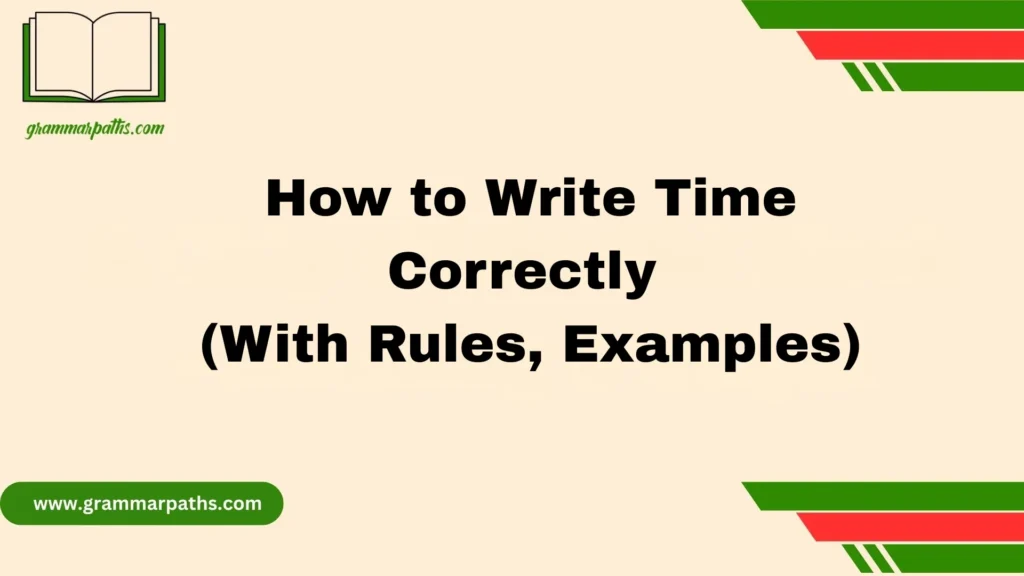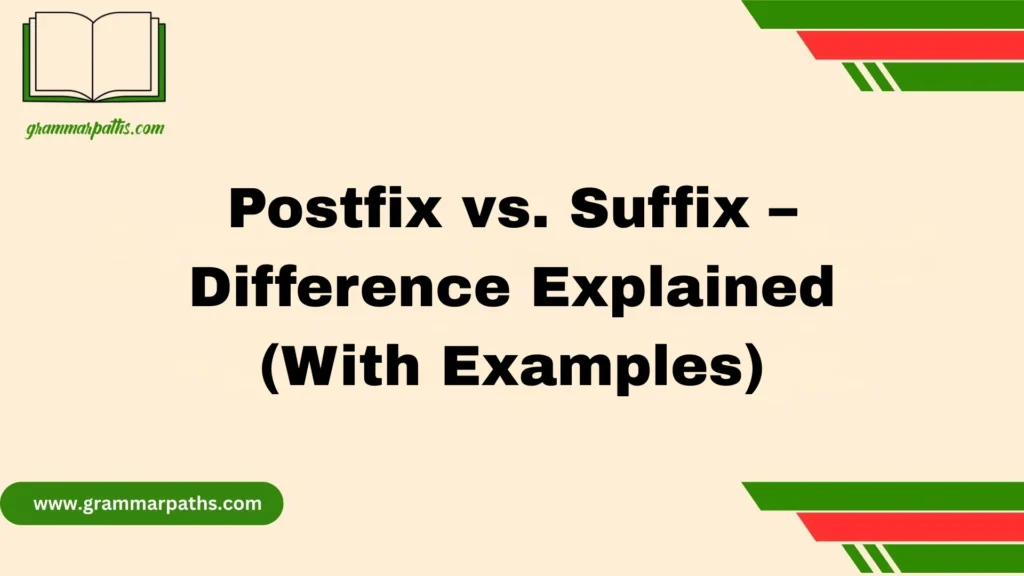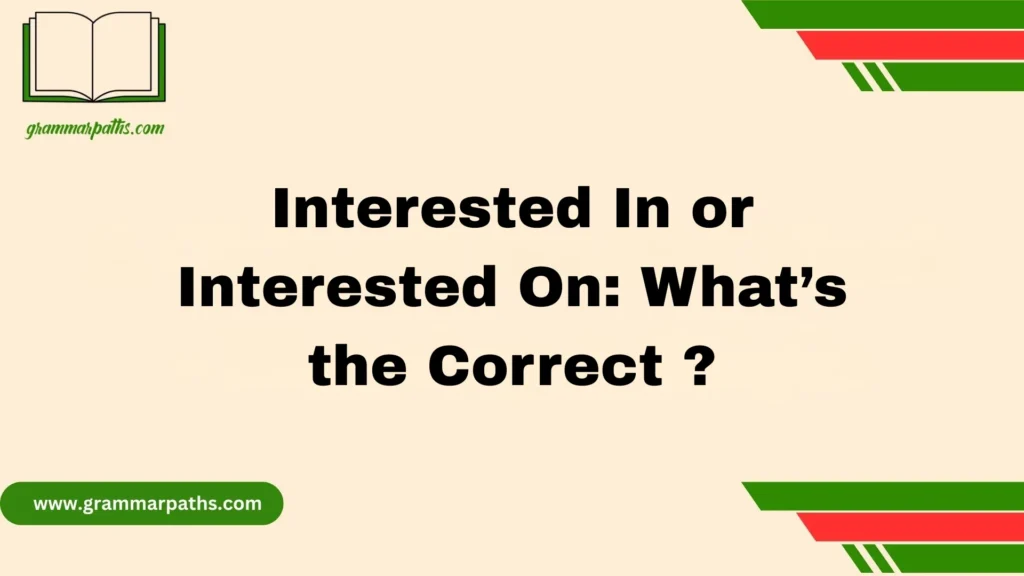In the world of English vocabulary, few words cause more confusion than “wonder” and “wander.” They may sound similar, but their meanings couldn’t be more different. Many English learners and even fluent speakers find themselves pausing to ask, “Am I using the right word?” That’s because these two terms are near homophones—words that are pronounced similarly but have distinct meanings and usages. While “wonder” deals with curiosity, amazement, or deep thinking, “wander” refers to moving aimlessly or roaming without a clear destination.
This confusion is especially common in writing, conversation, and even in Instagram captions, where a misplaced word can change the tone of your message entirely. If you’re seeking to improve your grammar or write more clearly, knowing the difference between wonder and wander is a small step that makes a big impact.
Whether you’re trying to craft a perfect caption, write a meaningful sentence, or avoid awkward mistakes in a speech, understanding how to properly use wonder vs. wander is crucial. These aren’t just words—they reflect two different states of mind and movement. One takes you inward, as you ponder life’s mysteries, while the other takes you outward, as you explore the world around you. Misusing them can not only cause confusion but can also dilute the depth of your writing or the clarity of your speech.
That’s why so many users search for terms like “how to use wonder vs. wander,” or “example sentences for wander and wonder.” This guide will help you decode both words through definitions, usage examples, grammar insights, and even pronunciation tips. Let’s stop wondering about wandering—and get to the heart of these commonly confused English words.
What Does “Wander” Really Mean?
Let’s begin with “wander.”
Definition of Wander:
Wander (verb) – To move about without a fixed course, goal, or direction.
Origin: Old English wandrian, meaning “to travel aimlessly” or “move without purpose.”
This word is all about movement — not necessarily purposeful, but often thoughtful or dreamy. Think about someone strolling through a forest, not following a map, just going where their heart leads them.
Real-Life Uses of “Wander” – With Examples
“Wander” is one of those words that paints a picture. It suggests someone is physically or mentally drifting, often in a peaceful, exploratory way.
Here are some real-life sentence examples:
- She wandered through the quiet streets of Paris, soaking in every detail.
- My mind started to wander during the long meeting.
- We spent the afternoon wandering through antique shops and hidden alleys.
Common Scenarios for Using “Wander”:
- Travel writing: “He wandered off the beaten path and discovered a hidden waterfall.”
- Poetry: “Her thoughts wandered like leaves on the wind.”
- Song lyrics: “Not all those who wander are lost.” – J.R.R. Tolkien
The Figurative Side of “Wander”
“Wander” isn’t just about walking or moving. It’s used figuratively to describe emotional, mental, or even spiritual drifting.
Examples of Figurative Use:
- Mind: I tried to focus, but my thoughts kept wandering.
- Eyes: His eyes wandered around the room, searching for a familiar face.
- Heart: Her heart wandered to the memories of summer past.
It evokes softness, indecision, curiosity, and vulnerability — qualities often tied to people in transition or thought.
“Wander” in Idioms, Expressions, and Pop Culture
“Wander” finds its way into some of the most beloved idioms and cultural references.
Famous Expressions Featuring “Wander”:
- “Not all who wander are lost” – Popularized by Tolkien, it suggests that aimless movement can still be meaningful.
- “Wanderlust” – A deep desire to travel or explore.
- “Wandering eyes” – Often used to describe romantic distraction or lack of loyalty.
Songs That Use “Wander”:
- “A Time to Wander” – Johnny Cash
- “Wanderer” – Cat Power
- “Wanderlust” – Björk
These uses embed the word with emotion and experience, making it more than just a verb — it’s a feeling.
Defining “Wonder” — It’s a Whole Other Word
Now let’s shift to “wonder.”
Definition of Wonder:
Wonder (noun or verb) – A feeling of amazement and admiration, caused by something beautiful, remarkable, or unfamiliar; or to desire to know something.
Origin: Old English wundor, meaning “miracle” or “marvel.”
While “wander” is about movement, “wonder” is about thought and emotion — especially curiosity, awe, and reflection.
“Wonder” in Action – With Real Examples
This word crosses multiple contexts, from childhood imagination to scientific inquiry.
Examples as a Verb:
- I wonder if it’s going to rain today.
- Do you ever wonder what’s out there in the universe?
Examples as a Noun:
- The Grand Canyon is truly a wonder of nature.
- He stared at the fireworks in silent wonder.
You’ll see “wonder” used when someone is amazed or inquisitive
Comparing “Wander” and “Wonder” Side by Side
To really lock in the difference between these two confusing words, let’s see them side by side:
| Feature | Wander | Wonder |
| Part of Speech | Verb | Noun & Verb |
| Core Meaning | Move aimlessly or without purpose | Feel amazement or curiosity |
| Examples | I wandered through the field. | I wonder what lies beyond the stars. |
| Related Feelings | Freedom, exploration, distraction | Curiosity, awe, admiration |
| Popular Use | Travel, daydreaming, poetry | Science, philosophy, childhood imagination |
| Pronunciation | /ˈwɒn.dər/ | /ˈwʌn.dər/ |
The pronunciation differs slightly, and that’s part of the confusion. Both are two-syllable verbs that start with “w” and end in “er.” That’s where most people trip up.
Memory Hacks: How to Never Confuse Them Again
Here are practical tricks to remember which word is which:
Mnemonic Devices:
- Wander has an A → Think A = Away (you walk away or drift)
- Wonder has an O → Think O = Oh! (like surprise or amazement)
Visual Imagery:
- Imagine boots for wander (you’re moving).
- Imagine a telescope for wonder (you’re curious).
These simple tools make it easy to recall which is which in a split second.
Common Mistakes and Misuses in Real Writing
You’d be surprised how often even seasoned writers and native speakers confuse these two words. Here are some real-life examples:
Incorrect:
- I wonder through the halls aimlessly.
- Sometimes I just want to wonder off into the woods.
Correct:
- I wander through the halls aimlessly.
- Sometimes I just want to wander off into the woods.
These errors show up in song lyrics, blogs, resumes, and even official documents. The spellings are correct — the meanings are not. That’s what makes the confusion so common.
The Emotional Power of Both Words in Language
Both “wonder” and “wander” carry deep emotional undertones, but in opposite directions.
- Wander suggests movement — either physically or metaphorically — with hints of freedom, curiosity, or even sadness.
- Wonder is often tied to amazement, learning, and inspiration.
Writers and speakers often choose these words intentionally to evoke a certain emotion.
Final Takeaways: Mastering “Wonder” vs. “Wander” for Life
Let’s wrap it up with the key points burned into memory:
- “Wander” = to move, physically or mentally, without a set path
- “Wonder” = to think, admire, or question something deeply
- Mnemonic: A = away, O = oh!
- Pronunciation and usage matter — not just spelling
Quick Rules to Remember:
- If it involves walking or drifting → use wander
- If it involves thinking or marveling → use wonder
You now have everything you need to stop second-guessing yourself. No more spellcheck fails or awkward typos — just confident, accurate, meaningful language.
Bonus: Quick Practice Quiz
Choose the correct word: wander or wonder
- I often _____ what life on Mars might look like.
- He began to _____ down the empty road after midnight.
- She looked at the eclipse in absolute _____.
- They decided to _____ through the mountain trails.
- Do you ever _____ why some people fear success?
Answers:
- wonder
- wander
- wonder
- wander
- wonder
Conclusion:
The difference between “wonder” and “wander” may seem small on the surface, but it holds great weight when it comes to clear communication and effective writing. One word leads us down a path of curiosity, amazement, and deep reflection—that’s wonder. The other invites us to roam freely, get lost in exploration, and embrace the unknown journey—that’s wander. By understanding the correct usage, spelling, and pronunciation of each, you’re not just avoiding a grammar mistake—you’re enhancing your writing style and language confidence.
So the next time you’re crafting a caption, writing a blog, or even speaking under your breath, take a moment to pause and choose the right word. You’re not just learning vocabulary—you’re mastering the subtle art of expression. Let your thoughts wonder and your feet wander, but never let the meanings blur again. Stay curious, stay thoughtful, and keep improving your English fluency—one powerful word at a time.
FAQS:
Wonder vs. Wander
“Wonder” means to be curious or amazed, while “wander” means to move without a fixed direction or goal.
Does your mind wonder or wander?
Your mind wanders when it drifts aimlessly; it wonders when it becomes curious about something.
Is wonder grammatically correct?
Yes, “wonder” is grammatically correct when used as a verb (“I wonder why”) or a noun (“a wonder of nature”).
Is it wonder off or wander off?
The correct phrase is “wander off,” meaning to stray away from a place or topic.
When can we use wonder?
Use “wonder” when you’re expressing curiosity or uncertainty—like “I wonder what will happen next.”

Grace Marie is the dedicated writer behind GrammarPaths.com, where she shares her passion for English grammar, idioms, and writing mastery. With a strong background in language studies and years of experience helping learners improve their communication skills, Grace creates clear, practical, and engaging content that makes English easy to understand.
